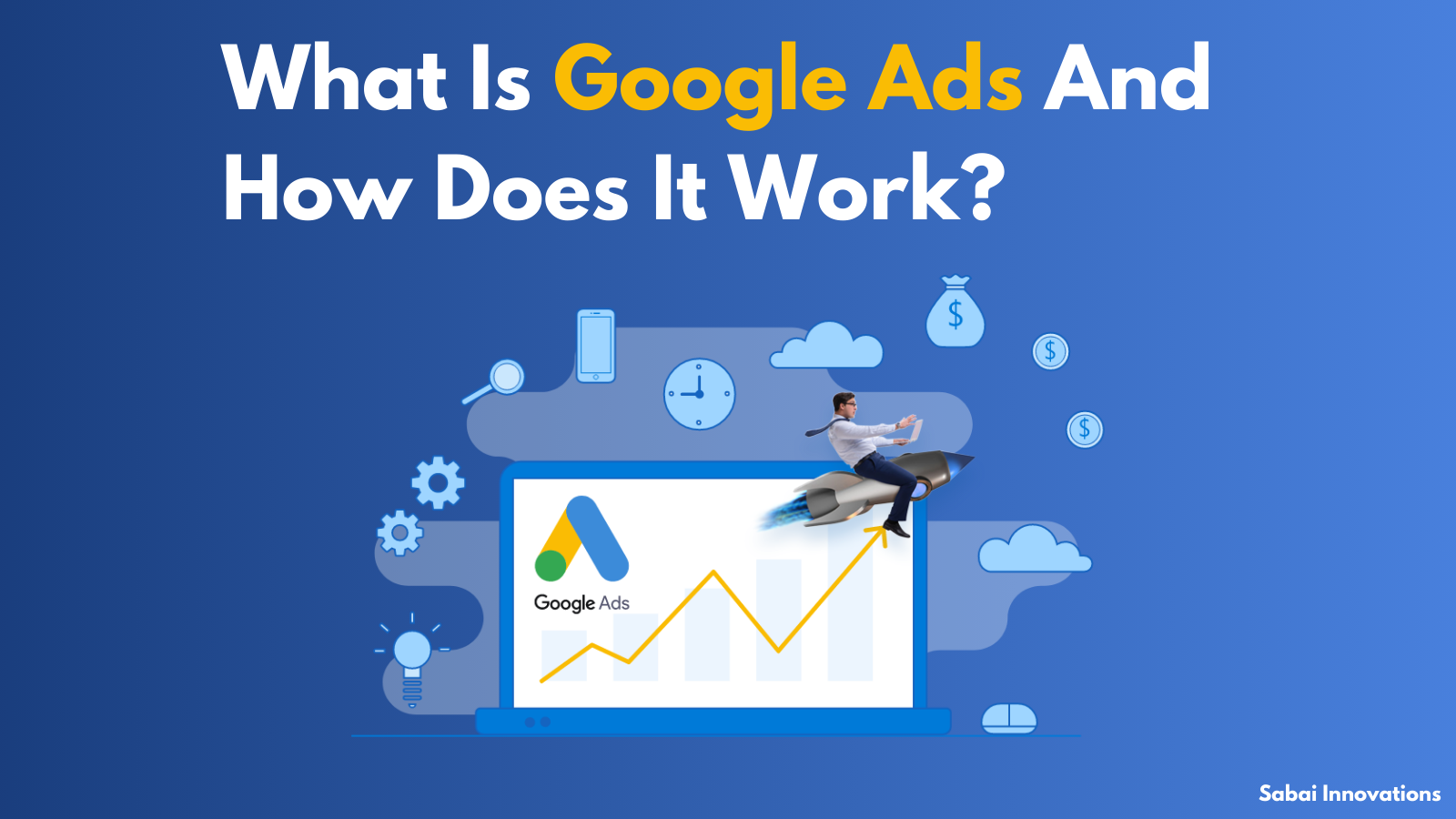Google Ads is an effective way for companies to advertise their products and services when prospective customers type in Google. In the context of online ads, businesses pay Google an amount to guarantee that their advertisements will be clearly displayed on the top spot on the results from searches.
Why pick Google ADS?
Google Ads operates under the pay-per-click (PPC) model that means you only pay per time you receive the click of the person who clicked on your advertisement. If someone makes the word “inquiry, Google runs an auction to determine which advertisements will be next to show. While the bidder with the highest price usually wins, other factors are also taken into consideration including the relevancy and quality for each advertisement.
Create Your First Google Ads Campaign
The first step to begin the initial Google Ads campaign should be creating an account. It’s quick and easy to set up! Then create the AdWords Campaign. To start things off, sign-up with the Google AdWords platform (via using the free Chrome extension or by calling them directly) following these simple steps:
- Select the right keywords – Keywords are the words or phrases that users input into Google to search for specific details. When you choose keywords for your website, make sure that they match the information people are looking for on the web.
- Write captivating Ad Copy – Ad copy should be short and engaging and draw the reader in by delivering powerful calls to action like “Buy Now” or “Learn More. “
- Setting a Budget – Determine the amount you’d prefer to set aside every day. Begin small, then increment it as you need to.
How Google Ads Works
When setting up your Google Ads campaign, bidding differs from how it operates alongside other Google search engines. You can set bids for the keywords you’d like to promote using bidding options on this platform, and set bids that are in line with. Bids are how much you’re ready pay per click, however, don’t believe that the bid that has the highest amount will always prevail; Google considers aspects like the value of your advert and its relevancy to searches when determining the sequence of ads that is in accordance to the bid.
Understanding Quality Score
Google employs quality Score as a measure for measuring the value of an advertisement, as well as its relevancy and quality. high Quality Scores suggests greater likelihood that the advertisement will be successful, and also a less cost per visit.
1. Search Campaigns
Text ads are shown on the pages of search results of Google outcomes. Display campaigns Display campaigns are based on images and display across Google’s web pages.
2. Video Campaigns
They are also seen on YouTube and a number of other video platforms.
shopping campaigns and are ideal for stores that sell online.
3. Target the Right Audience
Google Ads makes it easy to choose certain audiences based on location, age and the interest to ensure that your ads will reach those with the highest likelihood to be interested in the services you provide.
4. Ad Extensions
Ad extensions can include additional information about your business ads, such as the telephone number, address or address as well as hyperlinks to specific pages of your website. They can improve the user experience of your ads and improve click-through rates.
5. Tracking and Measuring Success
To establish if the Google Ads campaign is succeeding it is crucial to keep track of and assess the results. Google Ads offers tools like tracker of conversions as well as Google Analytics which make this task easy.
How to Run Successful Google Ads Campaigns
Optimize your ad Copy. Test different versions on your advertisements until you have the best option, and ensure they’re succinct and persuasive, as well as containing an invigorating call to an action. When creating your budget, start with a reasonable goal, and then modify it in line with the success on your marketing campaigns. Make sure you are getting the best worth from your investment. Also, use analytics to enhance your campaign. It’s crucial to examine your campaign’s statistics to find out what’s working, as well as what’s not and use this data to refine and improve the effectiveness of future campaigns.
Common mistakes to avoid in Google Ads
- Overlooking Negative Keywords. Negative keywords can stop your ads from appearing in unrelated searches, making it easier to save time and money, while also making the purpose of your campaign more apparent.
- Do not use Mobile Optimized. Ensure your landing pages and ads have been optimized to work on mobile phones, since the majority of people rely on cellphones for communication.
- Do not overlook Ad Extensions. Using ads extensions can help your ads be more relevant which increases the chance of clicks, as well as increasing the number of clicks. Don’t forget about these!
Google Ads can be a fantastic method to expand its reach to your clients and expand your revenue. When you know how it works and follow the most effective strategies, you can develop effective campaigns that produce good outcomes. No matter whether you’re only getting started in the world of advertising or wish to improve your existing campaigns your success will be determined by continuous studying and improving.
Click Here For More Blogs:-
What is content marketing in digital marketing?


